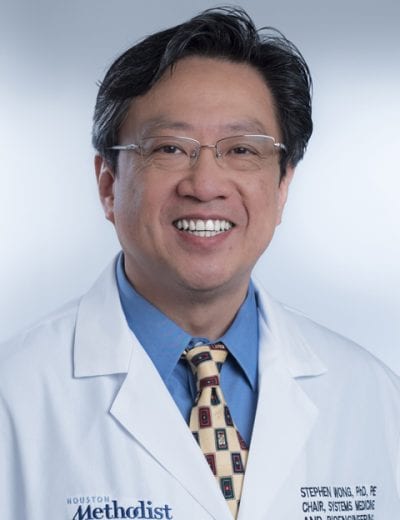
These projects were made possible from Cure Alzheimer's Fund support.
These published papers resulted from Cure Alzheimer’s Fund support.
Li, X., Wang, L., Cykowski, M., He, T., Liu, T., Chakranarayan, J., Rivera, A., Zhao, H., Powell, S., Xia, W., & Wong, S. T. C. OCIAD1 contributes to neurodegeneration in Alzheimer’s disease by inducing mitochondria dysfunction, neuronal vulnerability and synaptic damages, eBioMedicine, January 10, 2020, Read More
Yin, Z., & Wong, S. T. C. Converging multi-modality datasets to build efficient drug repositioning pipelines against Alzheimer’s disease and related dementias, Medical Reviews, February 14, 2022, Read More